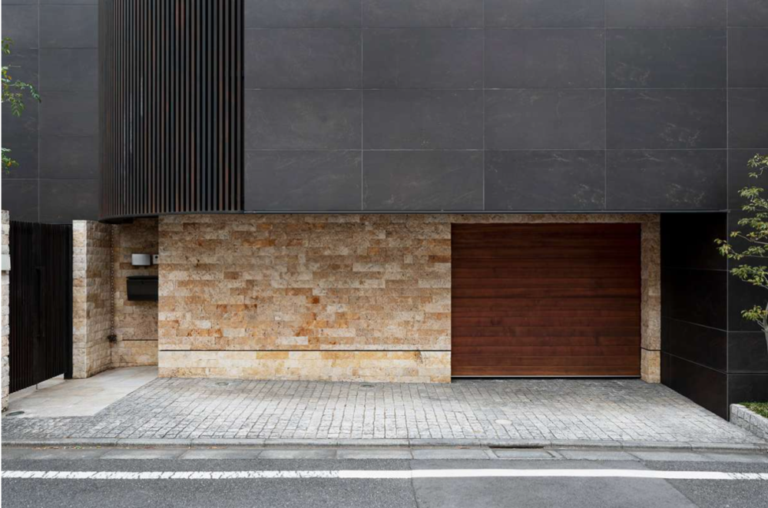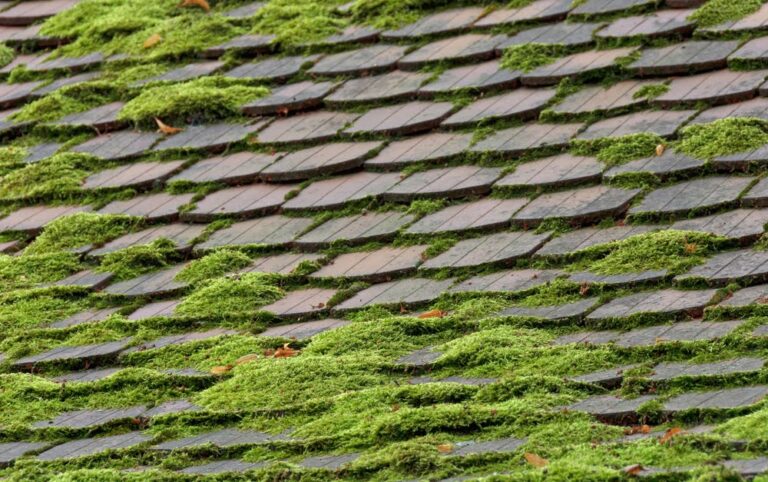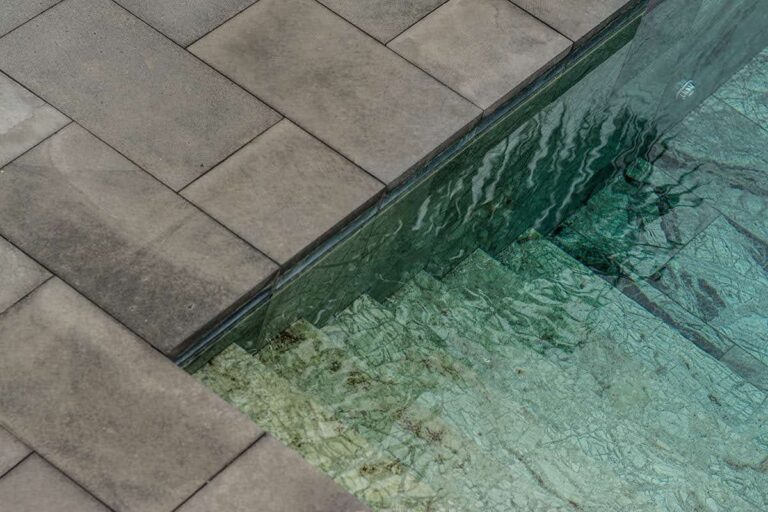Is Pressure Washing Safe for All Surfaces?
Pressure washing makes cleaning large outdoor areas fast and satisfying. Dirt disappears in seconds, mildew vanishes, and surfaces look refreshed almost instantly.
But before you pull the trigger, take a step back—is pressure washing safe for everything around your home? That’s where things get tricky.
The truth is, pressure washing isn’t one-size-fits-all. Depending on what you’re cleaning, that power can either help or harm. So, let’s break it down and help you make smarter choices.
Understanding the Force Behind the Spray
Pressure washing relies on high-powered water streams to remove grime, stains, moss, and debris. When handled the right way, it can clean better and faster than scrubbing by hand.
But with that power comes a real risk. Some materials welcome the pressure. Others? Not so much. Knowing the difference is key if you want to avoid costly damage.
Surfaces That Can Handle the Pressure
Hard, durable surfaces tend to do just fine with pressure washing. Think of your driveway, concrete patios, stone walkways, or brick walls. These materials are built to stand up to harsh elements, which makes them great candidates for a good pressure rinse.
Even so, you still need to match the nozzle and pressure settings to the job. For example, concrete can usually take 3000+ PSI, but your brick siding might need something softer to avoid mortar damage.
Surfaces That Demand a Lighter Touch
Now, let’s talk about the things you shouldn’t blast without thinking. Wood decks may look tough, but too much pressure can splinter the boards. Painted siding? You might strip the color right off.
Then there’s stucco, vinyl, and especially your roof—these materials are more delicate than they appear. Just because it looks dirty doesn’t mean you should hit it with full force.
Ask yourselves: Is pressure washing safe for this particular surface, or are there better options?
How Damage Happens Fast
If you’re not careful, things can go south quickly. Pressure washing too often, using the wrong tip, aiming too close, or cranking the PSI too high can lead to cracks, water intrusion, and even structural issues. That’s especially true for older materials that are already weakened by time or weather.
Don’t assume the same setting that worked on your driveway will be okay for your fence or siding. It won’t be.
Better Options for Sensitive Areas
Sometimes, soft washing is the smarter move. It uses low pressure combined with cleaning solutions to safely treat surfaces like roofs, siding, or painted wood.
Other times, good old-fashioned hand-cleaning with the right brushes and cleaners does the trick. Either way, you want to clean with intention, not just brute force.
A Quick Reality Check Before You Start
So, is pressure washing safe for everything? Not even close. It’s effective, yes—but only when used with care and awareness. Think before you spray.
Check the material, consider its condition, and always choose the right approach for the surface at hand. Power without control isn’t worth the risk.
Bring Out the Best in Your Property with Professional Pressure Washing
Not sure which surfaces are safe to wash? Don’t guess—get expert help. At Wrightlook Pressure Washing, we specialize in cleaning homes and properties the right way. Contact us today and let’s give your home the clean it deserves—without the damage.




